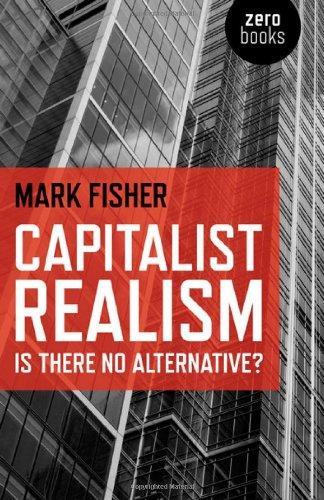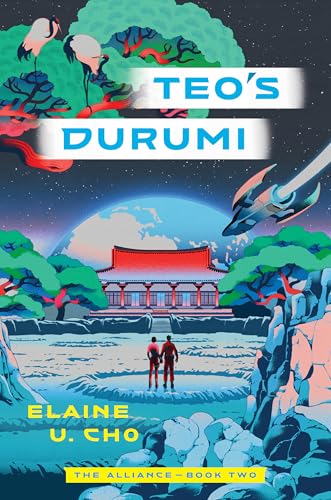snettie started reading Capitalist Realism by Mark Fisher

Capitalist Realism by Mark Fisher
Capitalist Realism: Is There No Alternative? explores Fisher's concept of "capitalist realism," which he takes to describe "the widespread sense …
hello ~ they/them sci fi | speculative fiction | technology
<3 marxism <3
filipino & militant & optimistic
This link opens in a pop-up window
10% complete! snettie has read 2 of 20 books.

Capitalist Realism: Is There No Alternative? explores Fisher's concept of "capitalist realism," which he takes to describe "the widespread sense …

"Born from the obsessive and highly idiosyncratic mind of a cult figure of the Japanese underground, these stories borrow themes …

The dazzling sequel to Ocean’s Godori dives back into Elaine U. Cho’s cinematic space opera series, taking Ocean and her …

Mutual aid is the radical act of caring for each other while working to change the world.
Around the globe, …


What a rare mushroom can teach us about sustaining life on a fragile planet
Matsutake is the most valuable mushroom …
it's weird reading a book about a half filipino growing up in florida, when I was a half filipino growing up in florida. It is a deeply confusing experience to know your family came from a place, and to have no knowledge of that place, and Annabelle articulated that so beautifully.

This “witty, humorous, and heartfelt“ (Cinelle Barnes) memoir navigates the tangled branches of Annabelle Tometich’s life, from growing up in …

The dazzling sequel to Ocean’s Godori dives back into Elaine U. Cho’s cinematic space opera series, taking Ocean and her …

This “witty, humorous, and heartfelt“ (Cinelle Barnes) memoir navigates the tangled branches of Annabelle Tometich’s life, from growing up in …

This “witty, humorous, and heartfelt“ (Cinelle Barnes) memoir navigates the tangled branches of Annabelle Tometich’s life, from growing up in …
